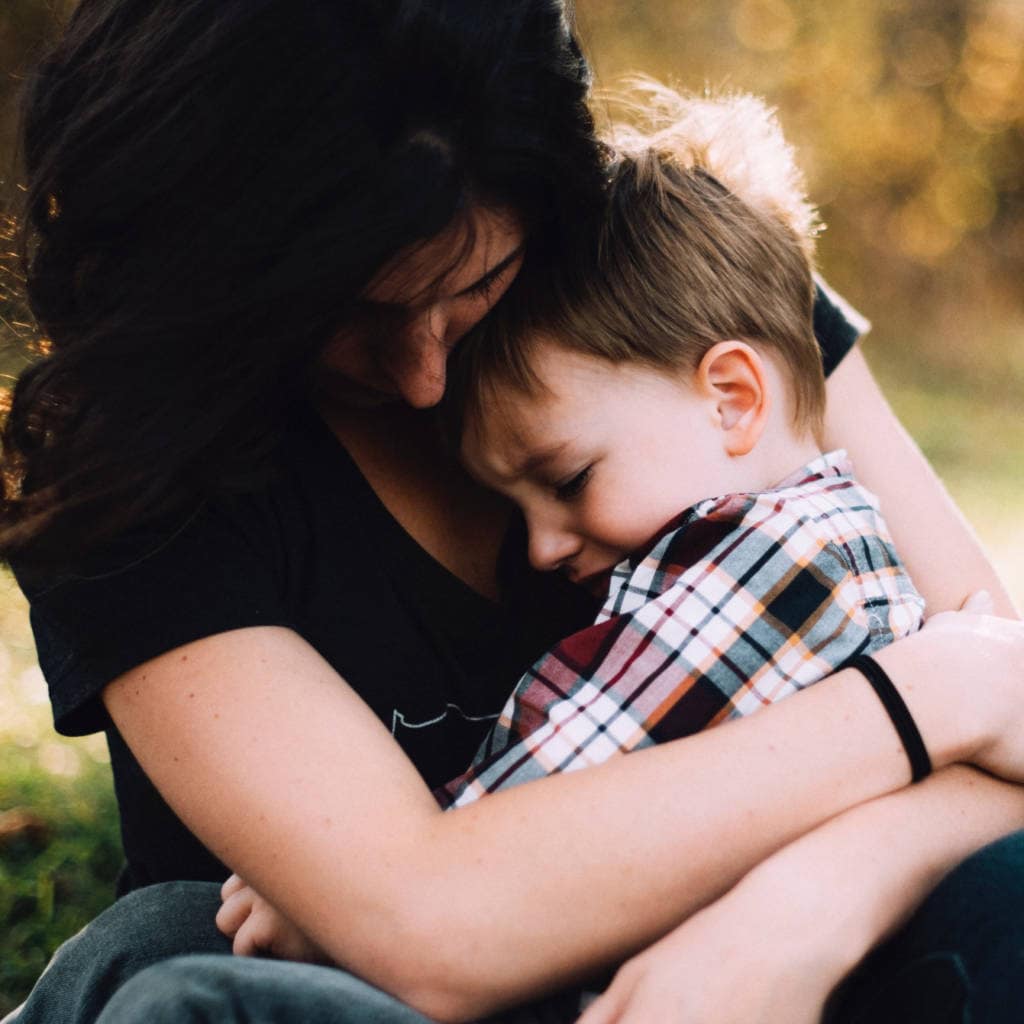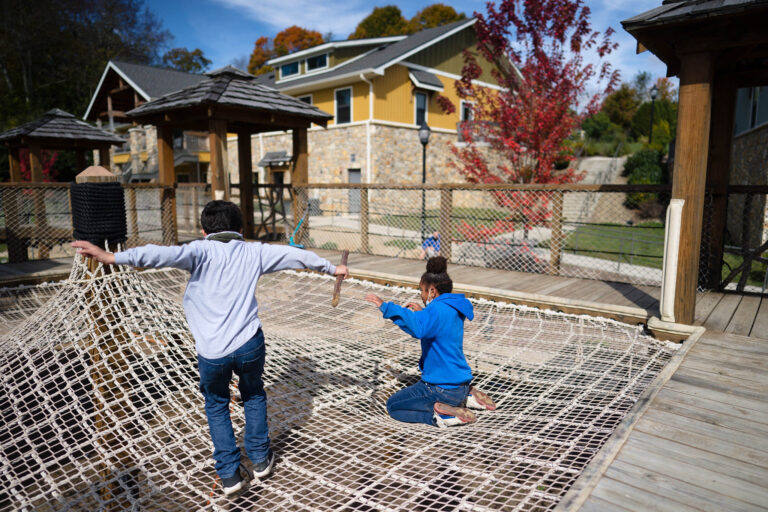Foster Parent Contributors: Beth Fisher, Justin and Sheena Heath, and Brandi and Christian Klimczyk
Being a new Foster Parent can be an exciting, overwhelming, and challenging experience. There may be a lot of unknowns and uncertainties to navigate through. “What happens next?” and “Are we ready for this?” are questions that new foster parents often ask themselves after becoming licensed. We had the opportunity to speak with three of our veteran foster families to ask them what advice they would give to new foster parents.
What should a new foster parent do to prepare for the referral process?
I recommend that you have an idea of what criteria you’re willing to say “yes” to and what is not the right fit for your family right now (e.g., age, medical needs, trauma history, number of siblings, visitation, etc.). Your family caseworker can help you decipher this. Write it down and have it handy for when you receive a referral. The information you receive in referrals can be anywhere from minimal to overwhelming, so don’t be afraid to ask questions, but also know that there are a lot of things that no one may have the answers to, especially in the beginning.

How long will it take for a child to be placed in my home?
It depends on several factors, many of which are out of your control. I’ve said “yes” to many referrals and was not chosen for placement. I also said “yes” to the same referral three times before they were placed in my home. On another occasion, I said “no” to a referral, but the child was placed with me later on when circumstances changed. Be aware that there are a lot of unknowns and moving pieces happening in the background.
What if a new foster parent is nervous about fostering, or unsure about whether a placement is the right fit for their home?
It’s absolutely normal to feel this way! I recommend that you process your worries and concerns with your family caseworker. They are here to help support you! Providing respite is also a great way to get to know the children, as well as other foster parents. I also learned about myself as a foster parent while providing respite care, including my unknown expectations and unwritten “house rules.” Moving forward, this has helped me to better communicate with children on the front end and to figure out what matters and what doesn’t.

How do you navigate through challenges?
The foster care system is complex and can be quite confusing to navigate, especially at first! There are a lot of acronyms, meetings, appointments, policies, and people involved. Please know that there are no stupid questions and it’s more than okay to ask for help. Even though it may be difficult, be willing to accept help when it’s offered. Also, keep all lines of communication open. This includes communication between you and your spouse, you and the child’s social worker, and you and your family caseworker. Being on the same page makes working together more efficient and sets a routine and boundaries that help you stay balanced and informed. The more you process through concerns or questions with your team, the better you will be able to serve the children in your home, and the less frustrated you will be.
How do you make time to practice self-care?
You’ve probably heard the saying, “You can’t pour from an empty cup.” If you didn’t understand that saying before, you’ll certainly understand it after becoming a foster parent. Check-in with yourself often. It is imperative to practice self-care and take time to fill your cup so that you can effectively fill others’ cups. Don’t be afraid to utilize respite care and your natural supports. Every parent needs time to reset and regroup from time-to-time. Whether it’s a day or weekend getaway, it is so important to have child-free time on a regular basis. What better example can you set for a child than by addressing and maintaining your own mental health while encouraging them to do the same?
How do you connect with the children placed in your home?
Whether you are caring for a child for a short period of time, or all the way through adoption, love them and show them that you care; it truly matters. It’s easy to get caught-up in the day-to-day routines and responsibilities, but spending a few minutes of quality time with a child doing something that they enjoy will make a huge impact on your relationship with them. Let them choose the activity and join in on their fun! Most of all, don’t be afraid to fall in love with your children. It is very easy to create an emotional boundary because you’re afraid of getting hurt if they return home; it’s natural to feel that way. However, these children need that love and connection from you in order to grow and thrive. Building trust over time is key.

How do you respond to challenging behaviors?
A child will inevitably say or do something that makes you upset or hits you like a gut punch. When this happens, I take 3-5 deep breaths, briefly step away if I’m able to do so, and avoid engaging in power struggles. Also, don’t be afraid to ask your child’s team for feedback and suggestions, including their therapist. They may be able to provide some context and helpful strategies that you can utilize the next time the behavior occurs. Remember, it’s easy to get caught up in the challenges. Celebrate even the smallest positives. Give the children praise and say “yes” as often as possible.
More advice from veteran foster parents…
Take advantage of store pick-up and delivery services! These help me to save time and are usually less stressful than shopping in the store.
If you anticipate being in need of daycare, be proactive and start researching options before you receive a placement.
Continue learning: read books, listen to podcasts, and watch movies/videos about the foster care system and caring for children who are in foster care. Research parenting strategies, learn about any diagnoses your child has, inquire about their culture and religion, and talk to their biological family about their past, if appropriate. Listen and learn from the children themselves. Also, practice self-awareness and learn from your own mistakes and experiences. There is no such thing as a perfect parent.



